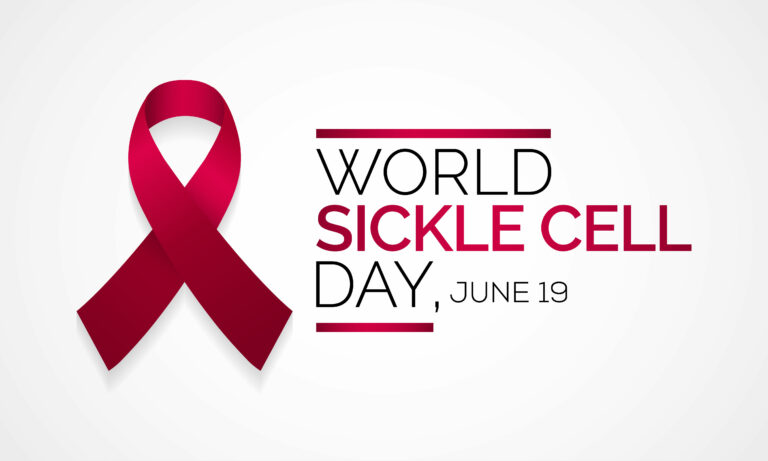By Muhammad Amaan
The World Health Organisation (WHO) said African countries must ramp up awareness and bolster prevention and care to curb the toll of Sickle Cell Disease (SCD) on the continent.
Dr Antonio Armando, Medical Officer for Integrated Package Delivery, WHO Africa Regional Office, said this during the region’s webinar on Thursday to commemorate the 2025 World Sickle Cell Awareness Day.
The day is marked annually on June 19 to increase public knowledge and understanding of sickle cell disease, and the challenges experienced by patients and their families and caregivers.
The theme for 2025 celebration is: ‘Global Action, Local Impact: Empowering Communities for Effective Self-Advocacy.’
Speaking on the topic “Preventing and Controlling SCD and the WHO Response,” Armando noted that sickle cell was the most prevalent genetically acquired disease in Africa.
“In Africa, the burden of SCD cases was 3.39 million in 2000, rising to 5.68 million cases in 2021, representing 73 per cent of the 7.74 million people affected worldwide.
“Africa has the highest mortality of SCD, causing 29,535 deaths in 2021, about 89 per cent of the global SCD-associated deaths, and more of them occur in children.
“In 2021, 405,000 children in Africa were born with sickle cell disease, a 27 per cent rise from 2000,” he said.
According to him, 50 per cent to 90 per cent of those children die before age five.
On critical interventions for prevention and control of SCD, Armando underscored awareness and education as the primary intervention for preventing SCD.
He further said that early diagnosis through a newborn screening programme was crucial for managing SCD and reducing mortality.
According to him, vaccination against pneumococcal infections and prophylactic antibiotics help prevent infections in children with SCD.
Armando noted that hydroxyurea medication is an intervention that has been shown to reduce the frequency of pain episodes and other complications.
“Bone marrow transplant is currently the only curative treatment, although it is limited by donor availability and high costs,” he said.
He emphasised that Somatic Gene Therapy would be one of the most exciting practices of genetic medicine in Africa and was primed to offer a “new life” for persons living with SCD.
Armando, however, lamented that access to proven interventions and treatment remained a challenge, particularly for these vulnerable groups.
He noted that the National guidelines for SCD management were indicated to be available only in 11 member states and availability of hydroxyurea was reported in 11 member states.
“Nigeria is manufacturing this medication,” he said.
He regretted that no country on the continent implemented SCD screening as a national strategy.
Armando, however, disclosed that 14 countries had screening programmes at the subnational level, including Nigeria, Ghana, Liberia, Tanzania, Zambia, Uganda, Benin, Burkina Faso, Democratic Republic of Congo, Gabon, and Mali.
According to him, the prevention, diagnosis, and management of SCD are often centralised in secondary and tertiary health facilities.
On resource allocation for prevention and control of SCD, Armando said that only 50 per cent of the 23 high-burden countries implement national SCD control programmes.
He disclosed that eight member states allocated funding from their annual budget for the promotion of SCD and newborn screening or mass screening for SCD – listing the countries as Nigeria, Kenya, Niger, Burkina Faso and Liberia.
On the WHO response, Armando noted that the agency was utilising the PEN Plus strategy to provide essential non-communicable disease services to alleviate the burden of unaddressed, severe NCDs among populations.
He said this was done through decentralised, outpatient services and integrated case management in the African Region.
Armando emphasised that priority actions should be given to strengthen governance and leadership, prioritise SCD and improve health system capacity.
He stressed the importance of establishing a sustainable financing mechanism for SCD in the region.
Similarly, Collins Boakye-Agyemang, Communication Officer, WHO Regional Office for Africa, stressed that the media played a critical role in preventing and controlling SCD by amplifying the condition in their reports.
“The mortality statistics are equivalent to 80 lives lost every day in Africa to SCD: this is an emergency.
“We want to collaborate with the media to bring SCD issues to the fore to drive action, influence policy shift and accountability,” Boakye-Agyemang said.




